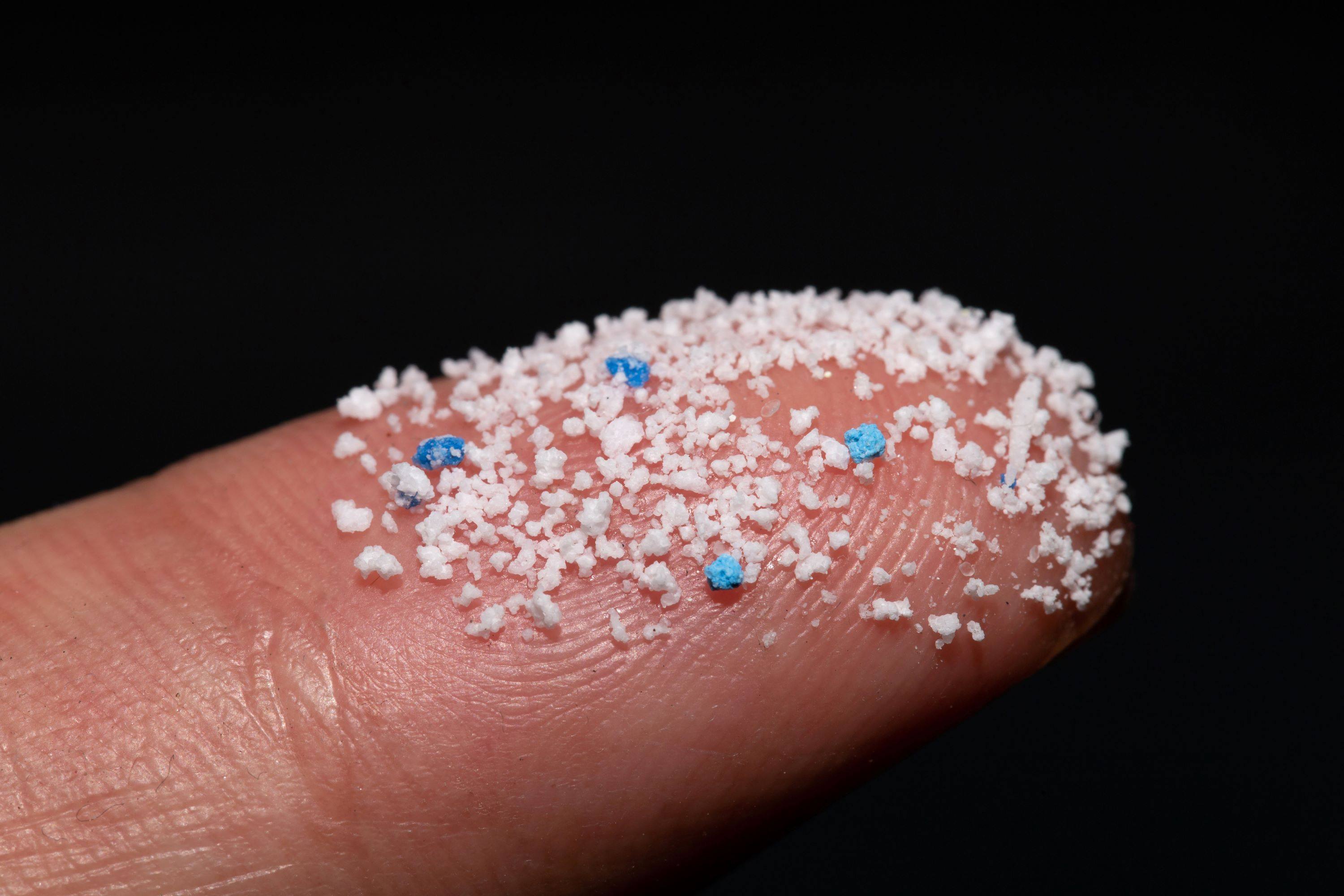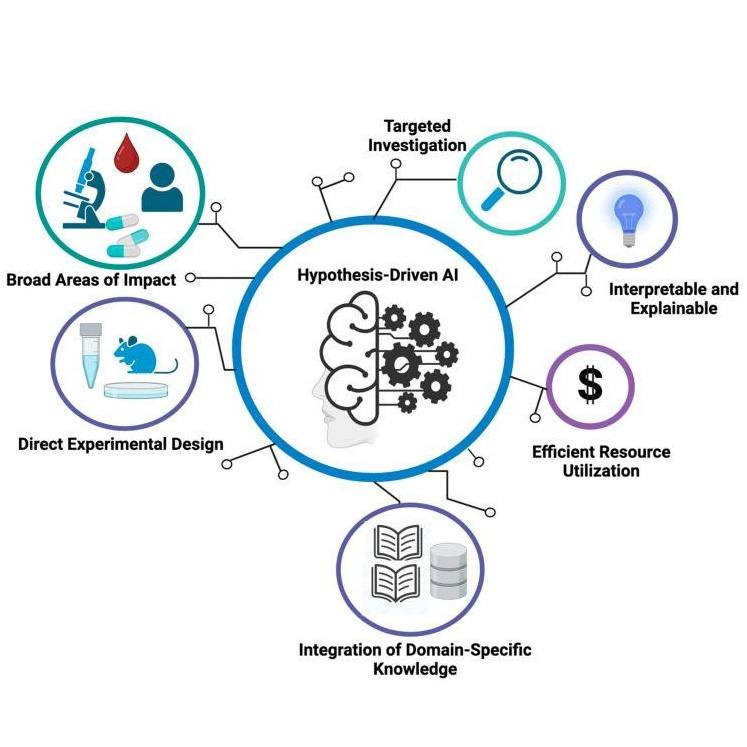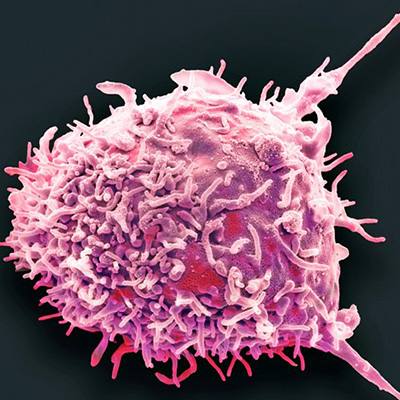-
Individualized Medicine
New Mayo Clinic Biorepository Provides for Critical Need
Mayo Clinic is centralizing a critical resource on the Phoenix campus: a biospecimens facility used by researchers to develop therapeutics, vaccines, and other medical advances. The facility will store millions of frozen human specimens, including blood, tissue, stool, urine, saliva, and sputum (saliva and mucous), all under one roof.
"This new facility will provide the ability to expand volumes and increase services in support of clinical trials and prospective research and discovery," says Melissa Stanton, M.D., Mayo Clinic in Arizona's biorepository lab director. "We will be able to implement new services to our researchers, offering cutting-edge, pre-analytical specimen processing technology."
The 16,000 square-foot biobank facility was spurred by the continued growth of research and Mayo Clinic's medical practice. It will be the future home of the Mayo Clinic Center for Individualized Medicine's Arizona Biospecimen Accessioning and Processing and Pathology Research Core teams and will provide additional space for research freezers and shell space for future robotic freezers.
"This first state-of-the-art facility in Arizona will serve as a catalyst for discovery and innovation by the entire research and clinical community in Arizona and across the enterprise," says Aleksandar Sekulic, M.D., Ph.D., associate director, Center for Individualized Medicine.
The new building is also poised to improve efficiencies at Mayo Clinic in Arizona.
"By consolidating the labs and freezers into one centralized location, we will be able to create efficiencies in the processing and handling of specimens and have the ability to further automate and standardize processes," explains Stephen Thibodeau, Ph.D., the David F. and Margaret T. Grohne director of the Biorepositories Program for Mayo's Center for Individualized Medicine.
To learn more about biobanks, read how they:
- Preserve our body's knowledge so it can pay dividends in the future: The Collective Power of Biobanks
- Support a deep dive into specific diseases, such as bipolar disorder: A Biobank Helps Find Answers
Related Articles







